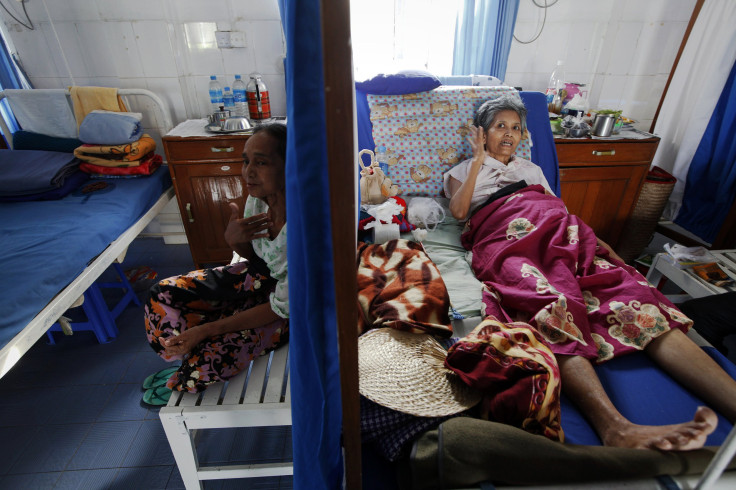Cancer breakthrough: Immunotherapy right after chemotherapy may help advanced ovarian cancer patients

Recent research has shown that women with advanced ovarian cancer may benefit a lot from immunotherapy right after chemotherapy sessions. Chemotherapy given to women with advanced ovarian cancer boosts ability of tumour cells to protect themselves from the immune system.
Checkpoint inhibitor drugs target cancers’ ability to exploit a mechanism that is designed to prevent “friendly fire” from the immune system. They may be especially helpful for women in advanced stages of ovarian cancer and undergoing chemotherapy. Through the checkpoint mechanism, chemotherapy drugs appear to help cancer tumours evade the immune system.
Immune system T-cells couldn’t recognise and destroy cancer cells after being exposed to chemotherapy. This is because the cells had higher levels of a protein called PD-L1. This prevented the cells from getting recognised.
“Our study showed that chemotherapy altered the immune cells called T cells that are found in metastatic ovarian cancer samples in a way that suggested they were better able to fight the cancer after the treatment. Our research provides evidence that immunotherapy may be more effective if given straight after chemotherapy,” said Frances R. Balkwill, PhD, professor of cancer biology at Barts Cancer Institute in Queen Mary University of London, in a statement.
The study, published in the journal Clinical Cancer Research, details out the necessity of immunotherapy right after chemotherapy and also the importance of blocking PD-L1. It is important to test this theory with clinical trials. This approach may also prove effective for other types of cancers where same types of chemotherapy are used, such as lung cancer.
“We are studying a type of ovarian cancer called high-grade serous ovarian cancer (HGSC), which is quite difficult to treat for two main reasons: first, it is often detected after it has spread quite extensively in the body; and second, although the disease can respond well to the first chemotherapy treatments, it often relapses and becomes more difficult to treat,” Balkwill added.






